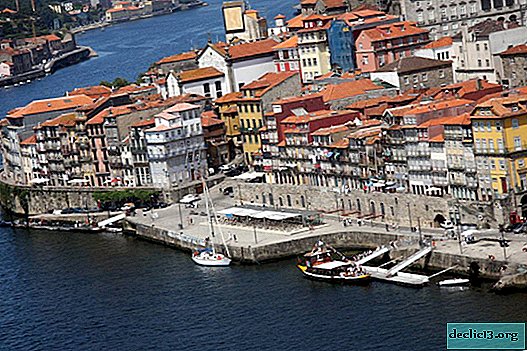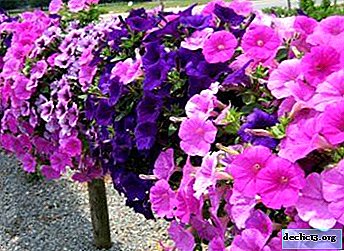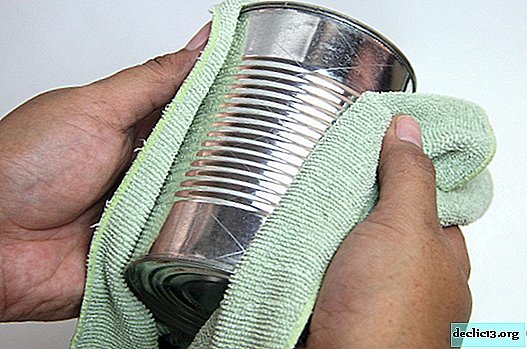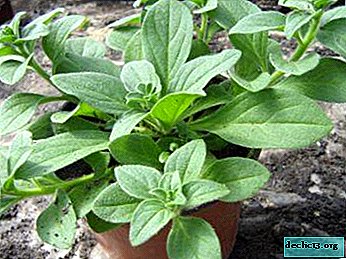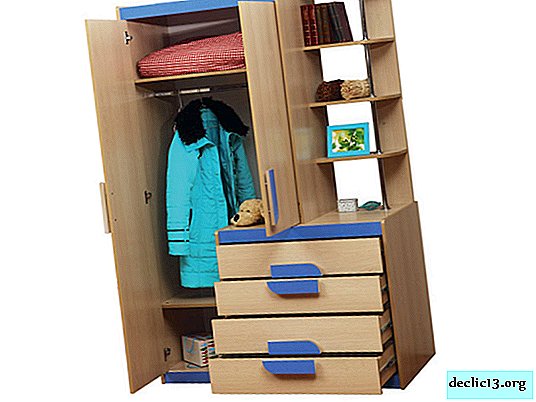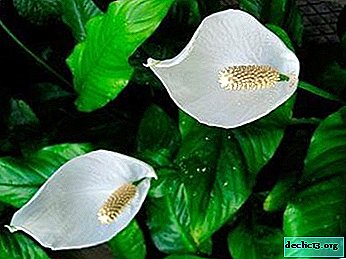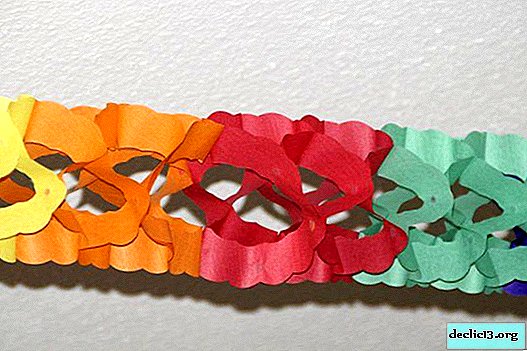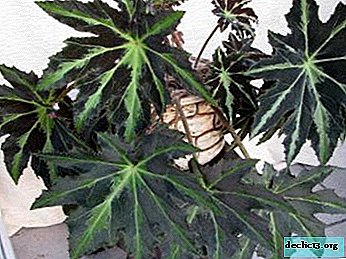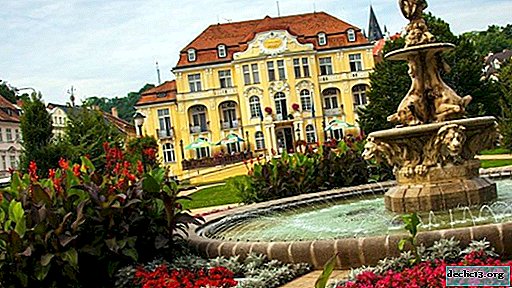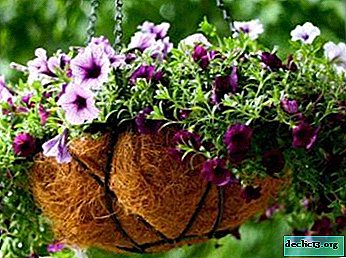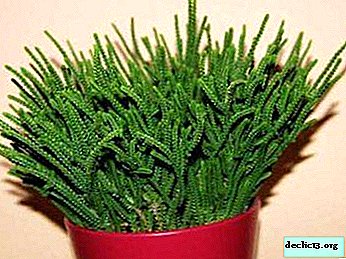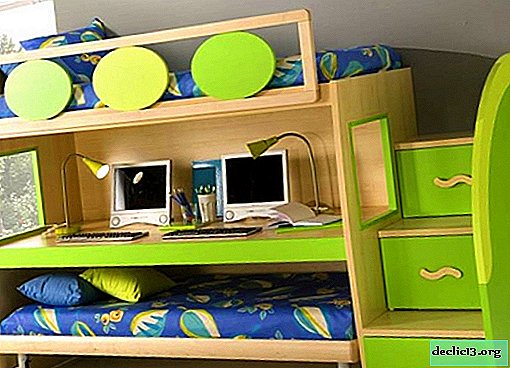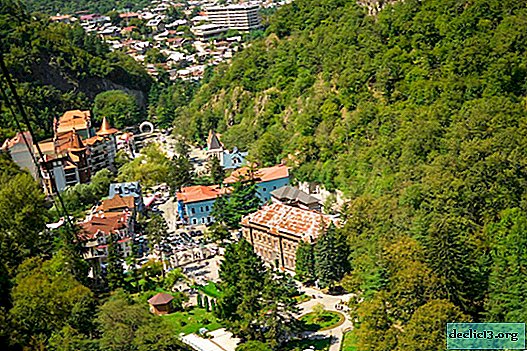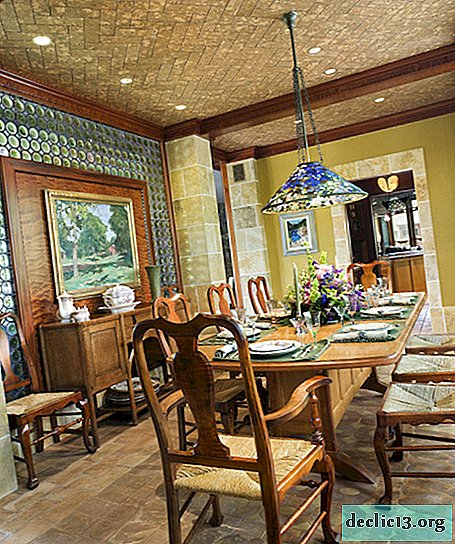Features of faux suede for furniture, the nuances of choice
Upholstered furniture for the decor of residential and public buildings always creates comfort in the surrounding space. One of the main indicators of its functionality, harmony and environmental friendliness is the upholstery material. Today, faux suede for furniture is considered the most popular type of textile. The fabric, in addition to a presentable appearance, has excellent mechanical, physical, chemical properties, a wide range of color shades, therefore it always looks spectacular.
Advantages and disadvantages
The appearance of new types of upholstery material is associated with the development of modern synthetic fiber having a unique structure and physico-mechanical, geometric properties. Faux suede for furniture is an imitation of a natural analogue. The main raw material of the fabric is polyamide, polyester fiber. Currently, suede made from high-tech fine-fiber synthetic threads such as Tactel, Meryl, Lillion is very popular. The main criteria for their quality are:
- increased resistance to abrasion, pilling;
- high mechanical resistance;
- low electrical conductivity, crease resistance;
- elasticity, moisture resistance;
- resistance to pollution, ultraviolet rays.
Suede made of artificial threads is a product of deep industrial processing of coal, oil and gas. Strong and reliable polymer, possessing a unique molecular structure, makes synthetic fibers resistant and durable. Today, polyamide fabric for furniture is widely used in everyday life and office, for upholstering sofas, armchairs, chairs in the living room or dining room.
Despite all its advantages, artificial suede requires a careful attitude, which is its main drawback. The fabric can easily be damaged by severe friction when treated with alcohol-containing solutions in the claws of pets. Artificial suede on a fabric basis is easy to clean, does not require special care.
The stiffness and flexibility of the fabric depends on the structure of the threads. A material made of synthetic fibers has a high degree of elastic elongation, wrinkles less and does not stretch during the entire service life.
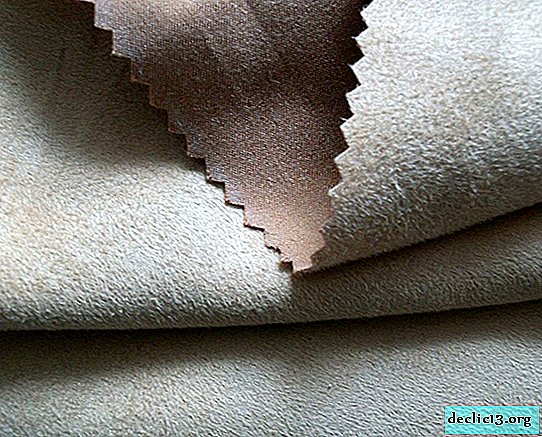


Varieties
The softness, smoothness, strength of the material depends not only on the raw material composition. An important indicator determining its appearance, mechanical, physical, technological properties is the plexus of threads. The type of weave for suede fabric is determined by the direction of longitudinal and transverse threads, which according to the classification of plexus are: simple, complex, small-cropped, coarse-grained.
Fabric base
The basis of artificial suede is most often the ratio of synthetic and natural fibers from cotton, knitwear. In the manufacture of a heterogeneous fiber composition, webs use both simple and complex types of weaves. For faux suede, the satin weave weft and warp are ideal. The fabric is obtained with a smooth surface, good elasticity, extensibility, drape, is characterized by increased strength, durability. The number of threads, their length, width, the sequence of weave weft and warp have a great influence on the density of the fabric.
The processing of the upper face layer of the material takes a lot of time. The alternation of warp, weft, pile forms a durable fabric on which PVA glue is applied, then a polyester or polyamide coating is glued that perfectly imitates the texture of natural pile.
In the process of weaving, any fiber is subjected to repeated bending, tension, friction. To the basis of the fabric does not lose its elasticity, resilience, resistance, use high-quality chemical fiber.


Another basis
The production technology of the material in a non-woven way has its own distinctive features, from a woven base. Artificial fabric for furniture is made of homogeneous fibers, the simplest type of weave. To obtain a pile, the fibers of the fabric are processed on a special Brashing brush machine. The threads, well split into fibers of various thicknesses and heights, form an even fluffy pile.
This type of teasing gives the material a beautiful appearance, increases its softness, wear resistance, heat-shielding properties. The electrostatic method of forming the front layer of tissue, without a basis, leads to rapid wear of the fabric. To do this, synthetic and artificial fibers are hot or cold glued to the base of knitted textiles. Firmly fixed, form a soft, non-deformable material.
A Teflon impregnation layer applied on top of the material to protect it from dirt, dust, moisture does not always provide the product with a long service life.

Color spectrum
A determining and no less important indicator of the quality of fabric for furniture upholstery are its aesthetic properties that meet production and consumer requirements. The informational expressiveness of the material is characterized by originality, conformity with fashion, and symbolism. The main factors in the formation of the quality and beauty of faux suede are the texture, texture, color fastness, luster, color.
Painting faux suede is the final step in its production. The application of dye to the fabric is considered to be not a fast, complex process, and consists of three stages:
- adsorption (absorption of paint by the surface of the fibers);
- diffusion (penetration of matter deep into the thread);
- fixing the dye (fixing the organic compound).
The fabric before dyeing, undergoes the elimination of various defects of weaving, thermal and steam exposure. The types of dyes used for artificial suede are: acid, chromium, straight, cubosols, active, dispersed. Colored dyes are distinguished by brightness, strength, resistance to various physical and chemical influences, containing dye, dispersant, wetting agent, resistant to wet treatments.
Today, silk screen printing is often used to obtain a wide range of color schemes. The method of coloring consists in applying a specific pattern to the material using cardboard templates and a spray gun, machine printing, smoothly moving from one tone to another. The final stage of finishing the fabric is drying, smoothing, giving the material a presentable appearance.



Use cases
Faux suede, which is actively used for finishing upholstered furniture, is suitable for any interior style, it is easy to fit, drapes when tight, and keeps its shape well. The material of the new generation, distinguished by thinness, softness, resistance to washing, tearing, high temperatures, possessing anti-allergic properties, has found its application in the manufacture of:
- children's chairs, banquets and benches with soft elements;
- working chairs, sofas for sitting in the office;
- sofas - beds, couches, poufs, chairs for rest.
Suede with vinyl impregnation and uniform weaving is actively used for upholstery of upholstered furniture in the kitchen. The fabric, without absorbing moisture and smell with a malfunctioning hood, is well cleaned from stains, resistant to mold. The upholstery on a natural basis is well suited for a sofa in the bedroom. The fibers of the canvas without causing an allergic reaction, retain heat well, create comfort during rest, sleep.
The structure of the fabric and colors allow it to be used for upholstering upholstered furniture in the living room. A sofa, armchair or pouf covered in faux suede with fine pile gives them a beautiful, presentable look. The material, easily gathering in folds, gives the furniture exclusivity and uniqueness. Velvety, pleasant to the touch fabric always creates a feeling of warmth and coziness, looks attractive, no worse than natural.
The fabric, due to the variety of shades, always looks harmoniously as a finish for the armrests of sofas and armchairs. Today, the material is in great demand for upholstery of office upholstered furniture, resistant to ultraviolet, stress, mechanical stress, retains good appearance, gives the subject originality.




Care Rules
Faux suede, like any material, requires careful handling. For example, in order to maintain the attractiveness of sofa covers for a long time, they must be washed using warm water and soap. It is forbidden to dry a product near heating devices. In order not to damage the cloth pile, you need to clean with a special sponge using a solution of water and vinegar, in the direction of the pile.
Removing stains of oil, fat is carried out only in dry cleaning. You must take care of the upholstery for furniture regularly, while using a vacuum cleaner, a brush with soft bristles, a soap solution. Before using all care products, conduct testing on an inconspicuous area of material. Subject to the rules of operation, artificial suede will last for many years, retaining its original appearance.

